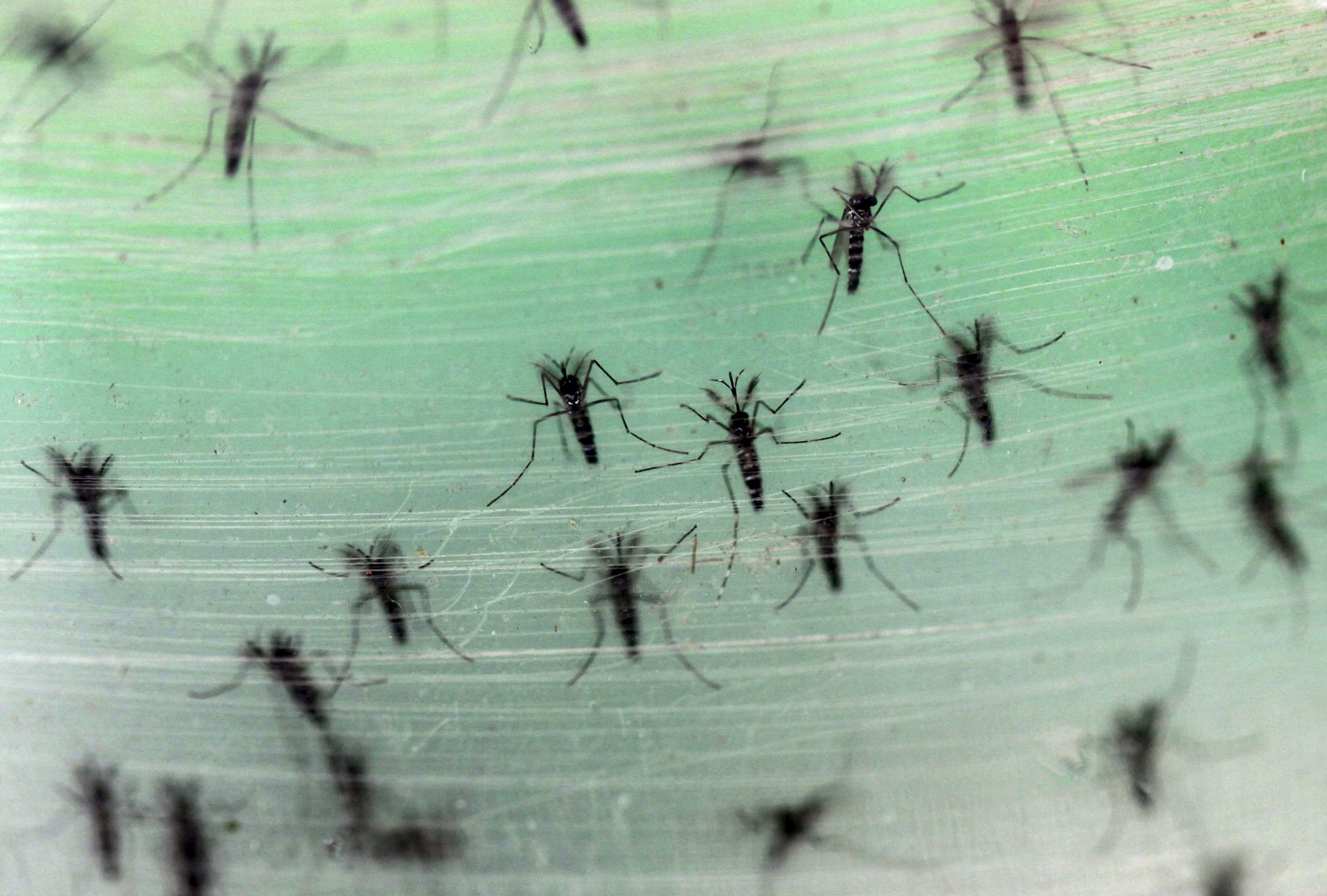
A mosquito-borne virus with a strong presence in Brazil is moving beyond that country and could conceivably become a public health threat in the U.S. Zika, which is spread by Aedes mosquitoes, causes a painful illness and is also linked to a significant rise in microcephaly in newborn infants, a condition in which a baby is born with an abnormally small skull and incomplete brain development.
According to the World Health Organization (WHO), there were 1,761 suspected cases of microcephaly, including 19 deaths in Brazil since December 2015. An investigation has determined that mothers who had babies with this condition also reported a Zika-like illness early in their pregnancy. Brazilian health officials have urged women living in areas of the country where there has been an increase in microcephaly to postpone pregnancies if at all possible—at least until they can conduct further investigations.
Symptoms of the Zika include fever, rash, muscle and joint pain, red eyes, headaches and vomiting and they may last for several days to about a week. There is no vaccine for Zika; the only way to avoid contracting the virus is to prevent mosquito bites.
Zika is related to West Nile, yellow fever, Chikungunya and dengue fever, all of which have become threats in the U.S. in recent years. In December 2015, health officials in Puerto Rico identified the country's first case of Zika. Most recently, the WHO has received reports of diagnosed cases of Zika from health officials in Panama, Honduras and Cape Verde. In the past, the virus has been identified in parts of Africa, Central and South America, Southeast Asia and the Pacific islands.
However, the ease of global travel today means the virus could potentially make an appearance anywhere in the world. There is also some evidence that suggests Zika can be passed from human-to-human through blood transfusions and also sex. The journal Emerging Infectious Diseases published a case study in 2011 of a scientist who visited Senegal and contracted the virus. A few weeks after he returned home to the U.S., the scientist's wife also developed symptoms of the virus, even though she had not traveled with her husband to Senegal. However, she had been sexually intimate with him in the time that he had returned home.
There was also a report published February 2015 of a 44-year-old man in Tahiti diagnosed with Zika . Through laboratory tests, health care workers detected the virus in his semen several weeks after he had already recovered from an acute infection, and these levels were high enough for potential transmission through intercourse, they said.
Uncommon Knowledge
Newsweek is committed to challenging conventional wisdom and finding connections in the search for common ground.
Newsweek is committed to challenging conventional wisdom and finding connections in the search for common ground.
About the writer
Jessica Firger is a staff writer at Newsweek, where she covers all things health. She previously worked as a health editor ... Read more
To read how Newsweek uses AI as a newsroom tool, Click here.








